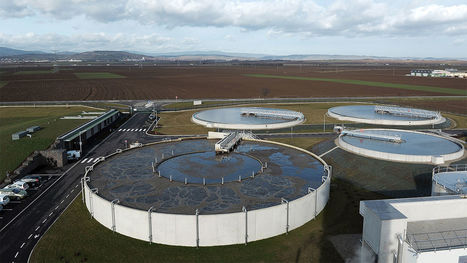The French capital and various other areas will have movement restricted as cases rise. Some 21 million people in 16 areas of France will be placed under the measures from midnight on Friday. These measures will not be as strict as the previous lockdown, Prime Minister Jean Castex said, with people allowed to exercise outdoors. France has recorded more than 35,000 new infections within the past 24 hours. Mr Castex said a "third wave" of infections in the country was looking increasingly likely. The situation in Paris is particularly worrying with 1,200 people in intensive care there, more than at the peak of the second wave in November, Health Minister Olivier Véran said. Under the new measures, non-essential businesses will be forced to close, but schools will remain open, along with hairdressers if they follow a "particular sanitary protocol". Government spokesman Gabriel Attal stressed there would be differences with the two earlier lockdowns and said further details would be given of which business could stay open or would have to shut. People will be allowed to exercise outdoors within 10km (6 miles) of their home and are not allowed to travel to other parts of the country unless they have a valid reason. Those in the affected areas will have to fill out a form to explain why they have left their homes.
There is a weary resignation about Paris, as people prepare for another four weeks of tedium. Yes, we know this third lockdown won't be quite as bad as the second - which was itself a lighter version of the first. But still. Another month of bits of paper for the police; another month of having to justify a trip to the supermarket; another month without meaningful social contact. It's enough to drive you to distraction. Except it hasn't. In general, most Parisians simply knuckle under. Those who can are leaving by train or car, but because schools are staying open, most families will stick it out in the city. Everyone's made the calculation. The long Easter weekend in two weeks is a bust. But the Paris school holidays start on 17 April - exactly when the lockdown is supposed to end. That's the light that will keep people going. Spring break. As well as the greater Paris region, the northern Hauts-de-France, Seine-Maritime and Eure areas will go under lockdown as well as the Alpes-Maritimes on the French Riviera. France's nationwide curfew will remain in place. However, it will begin an hour later at 19:00 (18:00 GMT), taking into account the longer hours of daylight. Fears of a third wave come as the French government faces criticism for its slow vaccine rollout. From Friday, France will resume vaccinating using the AstraZeneca jab following the EMA's announcement that it was fit for use. Mr Castex said he would be getting the vaccine straight away to prove that it was OK. France had suspended the jab after a number of people in Europe reported blood clots developing after the vaccine was administered. A survey conducted just as the suspension was announced found that only 20% of the French have confidence in AstraZeneca.



 Your new post is loading...
Your new post is loading...








